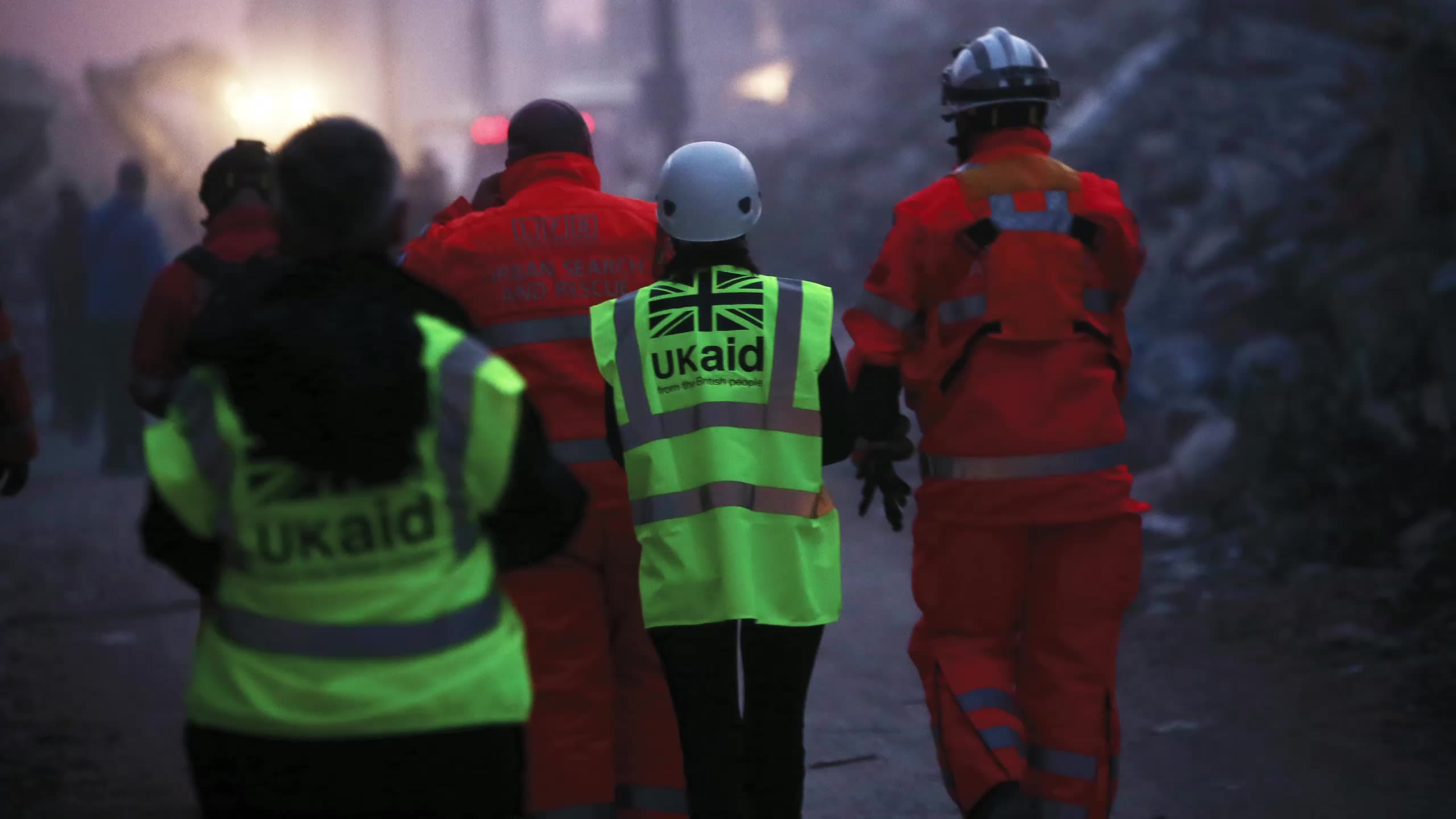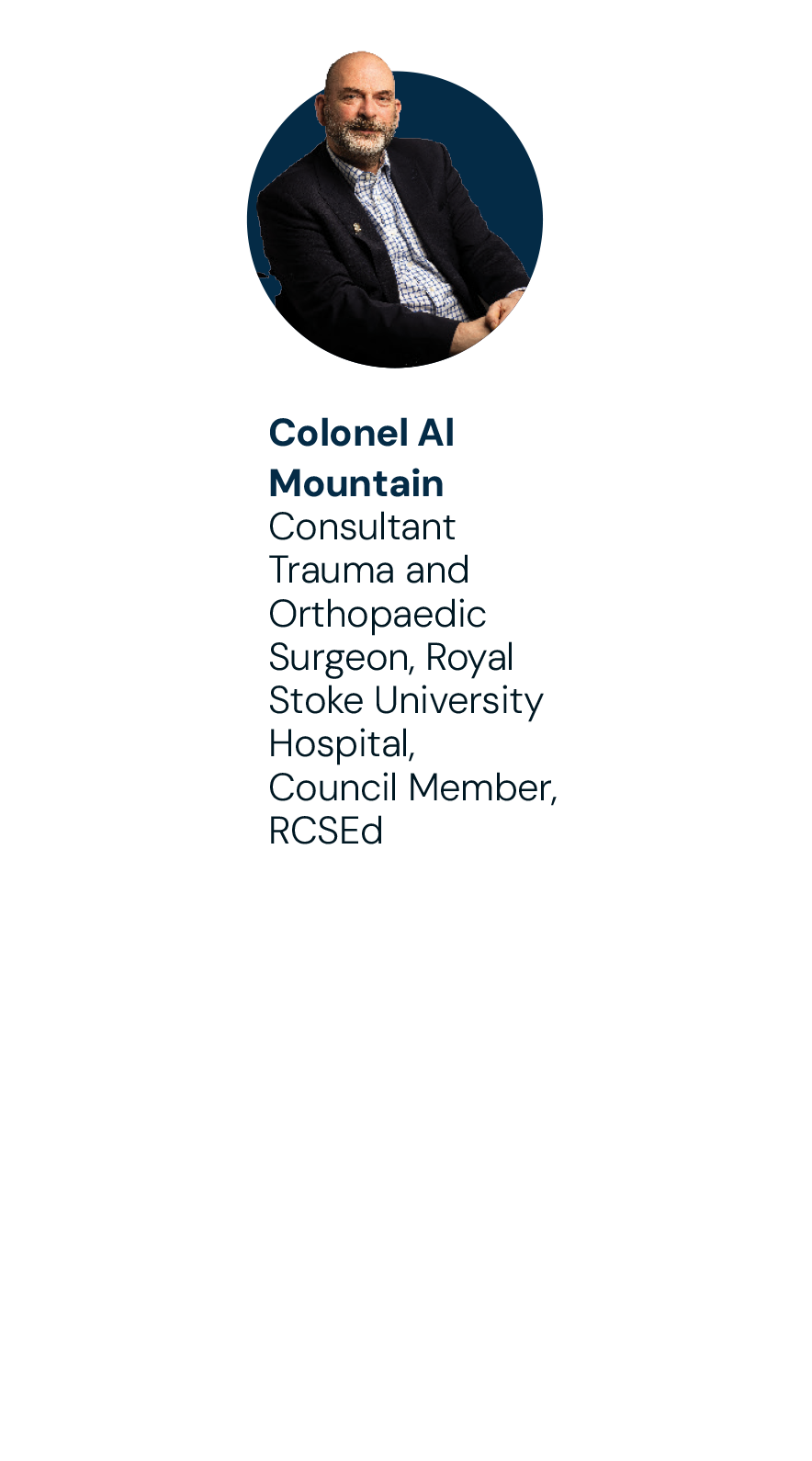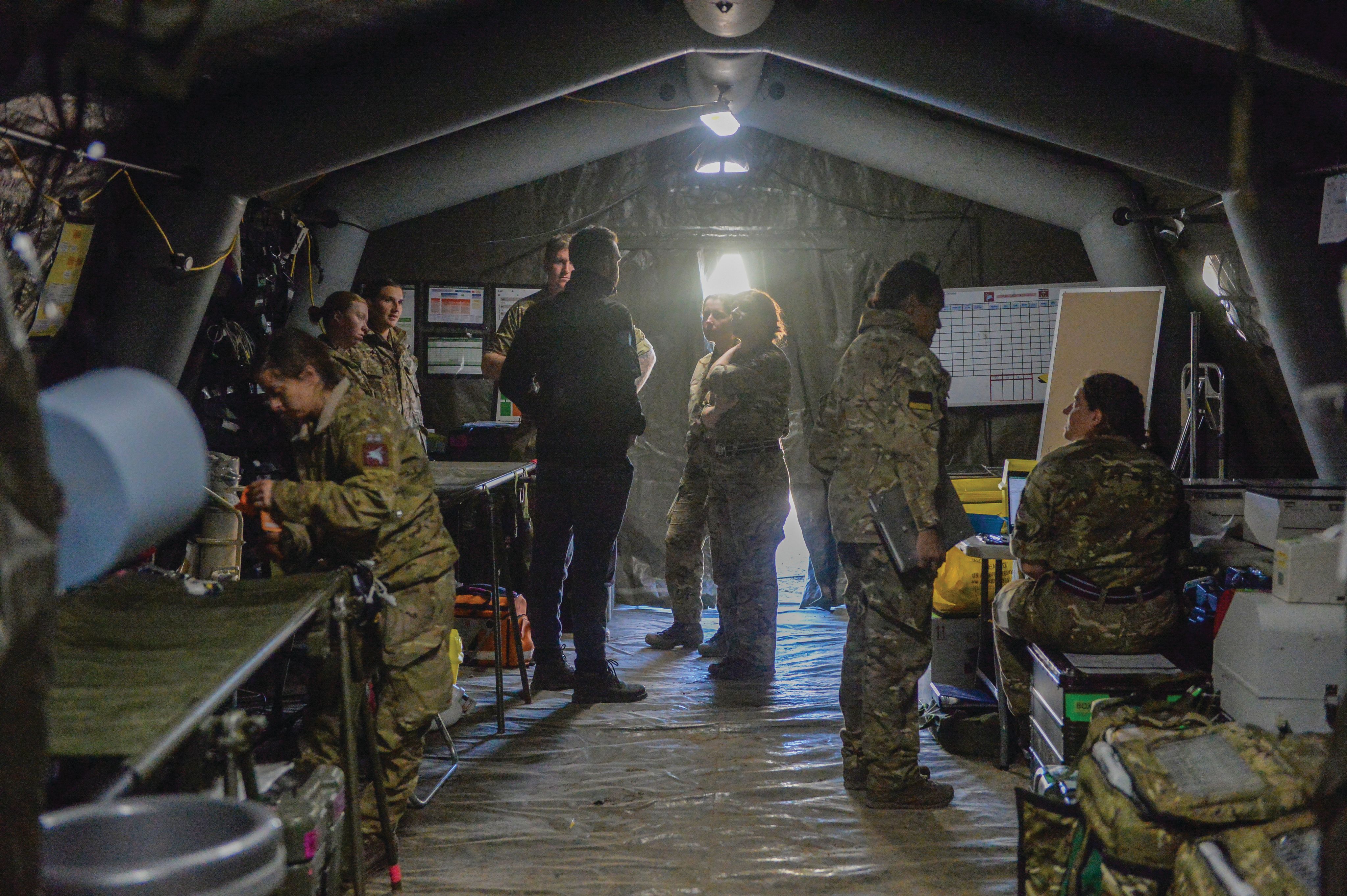Trauma education – meeting the need in an unstable world
Trauma is an inevitable aspect of clinical practice for many surgeons. RCSEd is supporting its members through robust, globally relevant educational resources

Despite significant advances in surgical care, trauma continues to impose a profound burden on global health systems. In the UK alone, trauma accounts for approximately 17,000 deaths each year, with road traffic collisions, violent crime and falls contributing the most cases.
Encouragingly, targeted interventions, such as Code Red protocols, have substantially reduced deaths from non-compressible haemorrhage from 48% in 2008 to 27% in 2017.
Yet, mortality is only part of the picture. Survivors of severe trauma often experience long-term morbidity, and those of working age would otherwise contribute productively to the economy and help fund healthcare systems. Globally, trauma-related deaths in working-age adults now outpace those from infectious diseases, with more than six million deaths annually. Nigel Rossiter, in his aptly titled article, ‘Trauma – the forgotten pandemic’1, highlights the disproportionate burden borne by low- and middle-income countries (LMICs), where 80–90% of trauma cases occur.
A volatile world requires a prepared workforce
The geopolitical landscape is increasingly unstable. Large-scale combat operations, civil unrest and environmental catastrophes create complex humanitarian crises. The ongoing conflicts in Ukraine and Gaza underscore the human cost of war: in Ukraine, more than 35,000 amputees were recorded within the first 18 months of conflict – an injury burden with profound societal and economic consequences.
Natural disasters further strain fragile systems, affecting LMICs disproportionately. Whether through war or weather, when disaster strikes, healthcare infrastructure often collapses. Host nations frequently rely on rapid support from NGOs, emergency medical teams, medical charities and the armed forces.
The College’s role in trauma education
The College’s international mission is increasingly relevant. RCSEd’s Global Care strategy reaffirms its vision to be the most inclusive, innovative and outward-facing surgical college. A cornerstone of this strategy is trauma education, an area where the College has long-standing expertise and growing influence.
Strategic partnerships have been key. Over the past two years, formal relationships have been established with UK-Med, the David Nott Foundation, Primary Trauma Care, and new collaborations with the HALO Trust and World Health Organization. One pivotal moment was the 2023 Turkish earthquake, when UK-Med and UK military teams delivered healthcare jointly – a significant shift in the traditionally separate NGO and military operations.
This new ethos of collaboration culminated in the formation of CRISIS (the Conflict Related Injuries and Surgical InnovationS group) within the College’s Faculty of Remote, Rural and Humanitarian Healthcare. This forum connects military academics, including the College’s Defence Professor of Trauma and Orthopaedics, with civilian and humanitarian practitioners, enabling cross-sector learning and innovation in the delivery of trauma care in austere environments.
A field hospital built by British forces after an earthquake devastated parts of Turkey in 2023
A field hospital built by British forces after an earthquake devastated parts of Turkey in 2023
Meeting modern training needs
Contemporary UK surgical training rightly emphasises specialist excellence but this can come at the cost of generalist readiness. Surgeons deployed to conflict or disaster zones often face unpredictable clinical demands, operating outside their usual scope in resource-constrained settings. They must adapt and deliver care with limited tools, improvising while maintaining safety and efficacy.
To support this, the College offers a wide range of trauma education resources.
Primary Trauma Care – provider course. Delivered by the Primary Trauma Care Foundation with College support, this course adapts ATLS (advanced trauma life support) principles for use in low-resource or disaster environments. It’s designed for multidisciplinary teams working with minimal equipment — ‘improvise, accommodare et superare’ — and is open to all grades of practitioner.
Advanced Trauma Life Support. A core requirement for surgical trainees, ATLS teaches systematic approaches to life-threatening injuries. Originating in 1976, it remains an entry-level standard for junior trainees, ensuring a consistent framework for trauma care, particularly in systems without established major trauma networks.
European Trauma Course (ETC). The ETC reflects modern team-based trauma systems. It prioritises cABC principles and team interaction in the first hour of care. Delivered through 11 workshops and team scenarios, it is now accepted by many Specialty Advisory Committees as equivalent to ATLS for more senior trainees. The College accredits ETC delivery.
Cadaveric Trauma Courses High-fidelity cadaveric simulation remains a ‘gold standard’ for trauma education. The College currently supports:
Hostile Environment Surgical Training (HEST). Developed with the David Nott Foundation, this five-day course prepares specialists for deployment in humanitarian missions.
Humanitarian OrthoPlastic Exposures (HOPE). This course builds core reconstructive skills for general surgeons facing trauma in humanitarian contexts.
External options – such as DSTS, DCOTS and DCSC – also offer valuable cadaveric trauma training for surgeons with limited routine trauma exposure.
Looking ahead
The College is actively expanding its trauma education portfolio. Collaborations with the University of Birmingham’s anatomy department are exploring sustainable cadaveric training pipelines with a view to launching enhanced courses in 2026.
Meanwhile, the CRISIS group will convene its inaugural meeting at the Centre for Injury Studies conference at Imperial College London in June 2026. The College also plans to host a Major Medical Incident Conference in Birmingham in spring 2027, bringing together global agencies to address coordinated trauma response strategies.
Conclusions
As trauma continues to challenge healthcare systems worldwide — in times of peace and crisis — the College is evolving to meet the demand. By building partnerships, promoting innovation and delivering practical, context-specific training, it is equipping the next generation of surgeons to save lives in every corner of the globe.
If you have ideas or feedback about trauma education, or would like to support the development of new courses, please contact alistair.mountain@nhs.net
Reference
1. Rossiter ND. Trauma – the forgotten pandemic. Int Orthop 2022; 46: 3–11.
Read more



